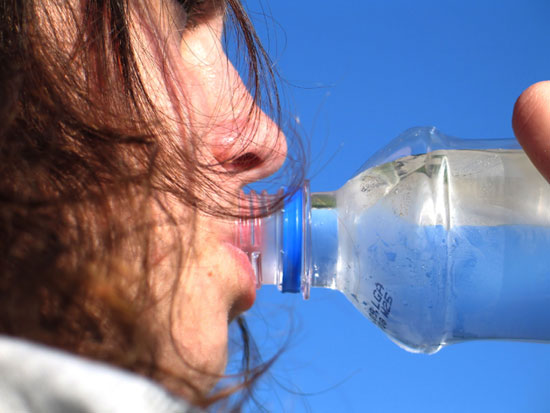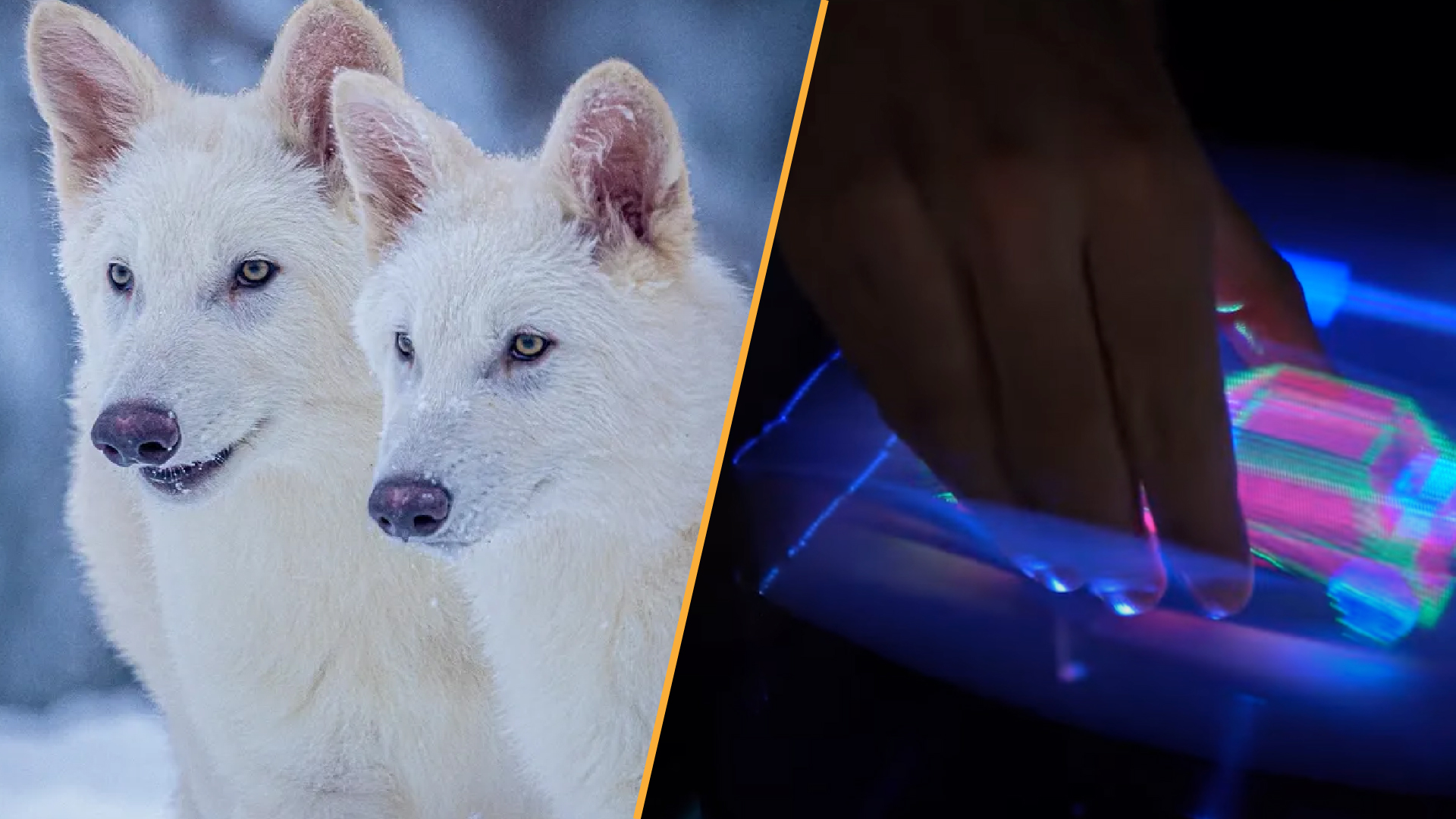Would You Drink Recycled Sewage? Why It Grosses Us Out

For years, we've been able to turn our own sewage into clean, drinking water. Such technology would seem like an ideal solution for water-strapped regions. But the technology remains sparsely used. And even when it is employed, no one actually drinks the water — not directly at least.
Why not? Part of the reason is the "ick" factor — we're reluctant to imbibe anything we think has once been in the toilet.
"You can get rid of the actual contaminants in the water," said Carol Nemeroff, psychologist and professor of social and behavioral sciences at the University of Southern Maine. "What you can't do is unhook its original identity as sewage."
Psychologists are working to understand our misgivings and just what it would take to get people to drink this water.
Ick factor
Recycled water that is potable goes through a rigorous purification process designed to filter out and kill off anything that would make us sick. Once it's done, the water is completely safe to drink, said Brent Haddad, a professor of environmental studies at the University of California, Santa Cruz.
"It is so clean that you have to add back minerals for flavor," Haddad said. "It comes out the equivalent [of] distilled water."
Sign up for the Live Science daily newsletter now
Get the world’s most fascinating discoveries delivered straight to your inbox.
Our repulsion to drinking recycled sewage can be explained by one of the principles underlying human beliefs called "magical contagion." The idea here is that once two objects come into contact, they are always in contact, or continue to influence each other, even if they no longer actually touch. "Contagions" can be both positive and negative. For instance, this way of thinking is why your grandmother's ring is more valuable to you than a replica would be, Nemeroff said.
Such a mindset, though not rational, is evolutionarily helpful, Nemeroff said.
"We are making decisions in daily life all the time with incomplete information," Nemeroff said. "We rarely can sit down and logically think of the pros and cons of everything we do."
Would you drink it?
To get a sense of people's willingness to drink recycled water, Nemeroff and colleagues surveyed about 2,700 people from five U.S. cities.
Participants were first asked how willing they were to drink recycled water. Thirty-eight percent said they were willing, about 50 percent said they weren't sure, and 13 percent said they would refuse.
The participants were then asked how willing they were to drink the water if it had been subjected to various purification processes, including skimming the water, boiling it, putting it through filters, etc. For those who were uncertain or unwilling to drink recycled water initially, the extra purifications made very little difference — these groups barely budged from their initial views.
Virtually the only thing that made a difference was when the participants were asked if they would drink water that came out of a bottle or tap. Almost everyone was willing to drink this water. [The Truth About 'Healthy' Bottled Water]
"Some people just want [their water] to be certified safe; they don't want to know the details," Nemeroff said.
Solutions
Breaking the chain of continuity between sewage and tap water might be one way to get people over their squeamishness, Nemeroff said. On the surveys, participants indicated they were more willing to drink recycled sewage water that had been sitting in an aquifer for a period of time — a process that already occurs with treated sewage water.
Another solution is to just start sending recycled water into people's kitchens. If you found out you'd been drinking the water and you hadn't grown three heads, you might be OK with it, Nemeroff said.
"When we do something enough, we stop seeing it as risky," Nemeroff said. "When risks are unfamiliar, we tend to overreact to them."
Nemeroff presented her work Aug. 4 at the American Psychological Association annual meeting in Washington, D.C.
Follow staff writer Rachael Rettner on Twitter @RachaelRettner.

Rachael is a Live Science contributor, and was a former channel editor and senior writer for Live Science between 2010 and 2022. She has a master's degree in journalism from New York University's Science, Health and Environmental Reporting Program. She also holds a B.S. in molecular biology and an M.S. in biology from the University of California, San Diego. Her work has appeared in Scienceline, The Washington Post and Scientific American.
Science news this week: Controversy around the dire wolf 'de-extinctions' and a 3D hologram breakthrough
Scientists built largest brain 'connectome' to date by having a lab mouse watch 'The Matrix' and 'Star Wars'
Archaeologists may have discovered the birthplace of Alexander the Great's grandmother










